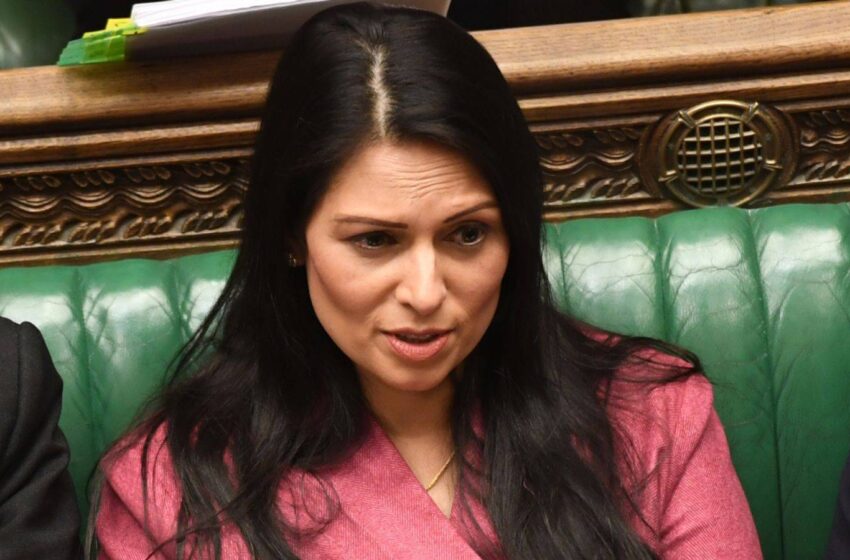
Home Secretary accused of fuelling anti-asylum seeker hatred after Liverpool attack
Sunday 14th November 2021 will forever be remembered by residents surrounding Liverpool Women’s hospital as a very near tragedy, when Emad al Swealmeen’s bomb exploded in a taxi outside the entrance.
What could have been has struck fear and confusion in the minds of the nation, still reeling from the stabbing of MP Sir David Amess little over a month before.
Emad al Swealmeen’s decision to take a taxi at 11AM that day, intending to inflict maximum harm on civilians has been turned over by Merseyside Police and the public many times.
Evidence of a note, letter or correspondence detailing his thoughts that day and the months leading up to it have so far, not been found. On investigation, there has also been little to no evidence that has come to light from peers that would suggest that he had a history of misogynistic views, being referred to as “absolutely genuine” by Malcom Hitchcock, who he lived with for eight months in 2017.
The stance of the UK terror threat level was switched to “severe” making it “highly likely” that another terror attack was imminent.
According to Metropolitan Police deputy assistant commissioner Matt Twist, a rise in national terrorism coincides with the removal of lockdown restrictions, making mass public gatherings hotbeds for acts of terror.
Despite there being no evidence of ideology linked to the attack, history suggests that further attacks usually follow, the intense media coverage providing motivation for others. The most senior counter-terrorism policing officer has thus urged the public to be vigilant in the run up to Christmas.
Using evidence of Emad having been refused asylum in 2014 and subsequent failed attempts of appeal in later years, Home Secretary Priti Patel spoke of a “dysfunctional asylum system”, stating it was “a complete merry-go round, the whole industry devoted to defending the rights of individuals causing harm” on a flight to Washington.
Her attack on the system and current laws surrounding appeals can be perceived as fuelling hatred towards an already opposed minority. A vicar at the St Philemon’s church, which al Swealmeen attended, spoke of a member of his congregation receiving death threats. He explained to the BBC that “because St Philemon’s has a number of asylum seekers, some on the fringes of church life are fearful of coming to church”.
According to Migration Observatory data from 2020, the top five most common countries of nationality of people seeking asylum in the UK were Iran, Iraq, Albania, Eritrea, and Sudan.
Of all refugees resettled in the UK from January 2010 to December 2020, around 70% were Syrian. The revelation that Emad al Swealmeen was a Syrian refugee fits into this unfortunate narrative.
Patel’s comments linking Emad’s motives to his failed application for asylum appear to have set a tone of resentment towards those who have faced some of the worst hardships and are trying to become law-abiding and valuable members of society.
While this incident can be used as a warning of the failures in the system for those seeking asylum, it is still to be seen whether any statutory changes will be made.
It is hoped by many that rather than divide, this incident will be a binder of communities, common value and respect for human life.
Image credit: UK Parliament/Jessica Taylor

